EARLY KOREAN LITERATURE
EARLY KOREAN LITERATURE
SELECTIONS AND INTRODUCTIONS
David R. McCann
COLUMBIA UNIVERSITY PRESS  NEW YORK
NEW YORK
The author wishes to thank Korean Studies (Center for Korean Studies, University of Hawaii) for permission to use revised versions of The Story of Chyong, a Parable of Literary Negotiation (vol. 21, 1997) and Chinese Diction in Korean Shijo Verse (vol. 17, 1993).
Materials from Form and Freedom in Korean Poetry (Leiden: E. J. Brill, 1988) used with permission of the publisher.
Quotation on page 149 from The Woman Warrior by Maxine Hong Kingston
Copyright 1975, 1976 by Maxine Hong Kingston
Reprinted by permission of Alfred A. Knopf, a Division of Random House, Inc.
Columbia University Press wishes to express its appreciation for assistance given by the Pushkin Fund toward the cost of publishing this book.
Columbia University Press
Publishers Since 1893
New York Chichester, West Sussex
cup.columbia.edu
Copyright 2000 Columbia University Press
All rights reserved
E-ISBN 978-0-231-50574-1
Library of Congress Cataloging-in-Publication Data
Early Korean literature : selections and introductions / David R. McCann.
p. cm.
Includes bibliographical references and index.
ISBN 0-231-11946-1(cloth)ISBN 0-231-11947-X (paper)
1. Korean literatureTranslations into EnglishTo 1900. 2. Korean literatureHistory and criticismTo 1900. I. McCann, David R. (David Richard), 1944
PL984.E1 E272000
895.708001dc21
99-053800
A Columbia University Press E-book.
CUP would be pleased to hear about your reading experience with this e-book at .
Designed by Chang Jae Lee
IN MEMORY
To my friend, colleague, mentor, and fellow translator, Marshall Pihl, I dedicate this book.
THE SILLA MONK WLMYN GCOMPOSED THE FOLLOWING HYANGGA SONG, THE CHE MANGMAE KA, OR SONG IN MEMORY OF MY YOUNGER SISTER.
Here on the path of life-to-death
I stay, afraid, while you have gone
without even saying you might go.
Leaves blown in autumn winds
this way and that; we who once
grew on one branch do not know,
any of us, where we are going.
I shall prepare the way
to the Land of Amitabha, and there,
There I shall wait.
CONTENTS
The experience of designing and teaching a course at Cornell University, Introduction to Korea, encouraged my interest in exploring history through literature, and vice versa, while focusing my attention on such matters as the ways in which written works, whether poems or dynastic histories, are summaries of previous and complex cultural, political, or aesthetic negotiations. Reading a poem, a story, a legend or myth, a part of a historical record, or a newspaper editorial from the late nineteenth century, the students and I would begin by asking, If this was the answer, what was the question? What, for example, might Wang Kn, founder of the Kory dynasty, have had on his mind when he stated shortly before he died, in the second of his ten injunctions, that Silla, one of the kingdoms he defeated, fell because too many influential people had built too many temples wherever they wished? Or, pursuing the theme of the relationship between human beings and the natural world into poetry, what issues does the repeated theme of rustic retirement in Korean poetry engage? Why do so many scholar-officials seem to be dying for a week or a month or a lifetime in the country?
The first part of this book is an anthology of texts representative in, I hope, several ways. First, they represent genres of Korean writing and the figures associated with them. The texts are also a series of engagements with recurrent themes or issues in Korean cultural history, one of which is the question of how Korea has represented itself. After studying these stories, legends, poems, historical vignettes, and other works, a reader curious about Korean literature may be able to respond in some way to the question, What is Korean literature like? And perhaps, What is Korea like? The translations are one answer.
My curiosity has also led me to write several essays over the years about how texts may be read as contracts. Written works summarize and inscribe previous and ongoing negotiations about subjects or events that may or may not appear in them; they ascribe meanings to events and names; they claim the authority to produce and to be a written record. How does a Korean historical work establish its authenticity and authority? Is the negotiation of textual authority comparable at all to negotiations of political authority, as for example when a new dynasty seeks to justify its usurpation of power from the previous one, or to quell the lingering resentments of those directly or indirectly affected by the change? How does a vernacular Korean verse form validate its existence as a text within a Sinocentric, Chinese literary and cultural realm? More broadly, how did Korea maintain and continue its cultural identity in confrontation with the hegemonic power and authority of the Chinese state and culture?
Such questions are the basis for the three chapters that comprise the second half of this volume and raise interpretive or comparative issues that may facilitate engagement with the selections in . I hope the anthology and the essays will encourage further reading in other, more comprehensive collections, and I have listed some of the possibilities in the bibliography.
I wish to record my gratitude to a few out of the many who have inspired this project. First, my fond appreciation for the energetic, demanding Cornell undergraduates with whom it was my pleasure to study Korean literary and cultural history in Introduction to Korea. Among many Cornell faculty colleagues who encouraged my efforts, I am especially grateful to Karen Brazell, Edward Gunn, Barry Strauss, and Gail Holst-Warhaft, and to Carol OBrien, Director of the University Development Office during my years in Communications and Foundation Relations, for her understanding of my pursuits up on the hill. Keith Taylor and I shared an office at Cornell where his enthusiastic antiestablishmentarianism and stories about amazing Michigan winters challenged my complacency and imagination. Robert Provines patient questioning of my writing about the Song of the Dragons helped me avoid several pitfalls I had dug for myself. To Professor Edward Shultz at the University of Hawaii, for his help and suggestions, for presiding at the Korean Studies journal, and for his hospitality, Mahalo. And the same to Jennifer Crewe, editor at Columbia University Press, for her unflappable encouragement.
To Korean scholars my indebtedness is immense, and can only be hinted at by my naming a few. The late Professor Chng Pyng-uk of Seoul National University cheered me, an eager but abashed graduate student, with conversation and beef soup, while the late Professor Pak Sng-i of Korea University graciously permitted me to sit in on his seminar in traditional Korean literature, reading the Samguk yusa. I thank Professor Sin Dong-Wook, now of Kumamoto University in Japan, for his many years of friendly advice. Professor Kwn Young-min, of Seoul National University, and Mr. Yu Sang-duk, President of the Korean Education Research Council and former Vice President of the Korean Teachers Association, have been patient guides. Professor Peter H. Lee, now at UCLA, and his many pioneering works in the field of Korean literature have long been a model. Choong Nam Yoon, director of the Korean section at the Harvard Yenching Library, helped me many times with practical advice and suggestions. I owe a special debt to Professor H Kyng-jin of Mogwn University. When I asked for his guidance in making a selection of representative Chinese-language poems, he brought me forty of his books of translations into modern Korean, with suggestions marked. The natural, balanced flow of his translations established a pattern to try for in my own versions. I am especially grateful to Jiwon Shin, a graduate student at Harvard University, and to Dr. Choi Kyng-hwan, Visiting Research Scholar at Harvard, for their critically alert and generous readings of the manuscript for this book.
Next page


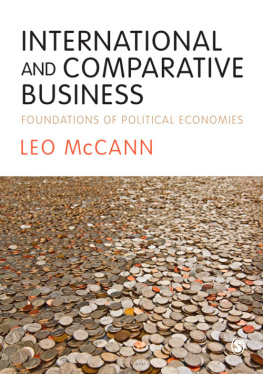


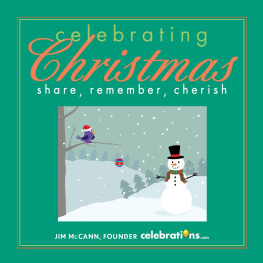

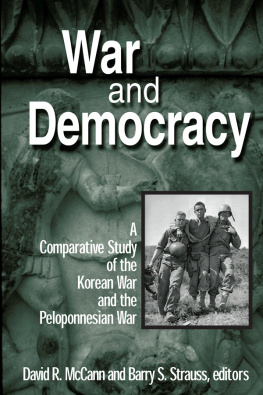
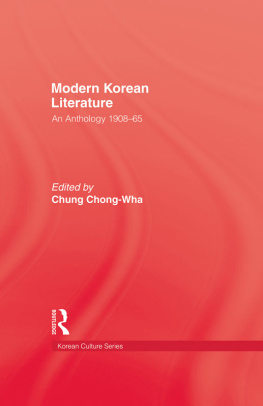
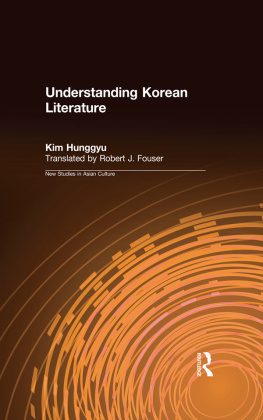
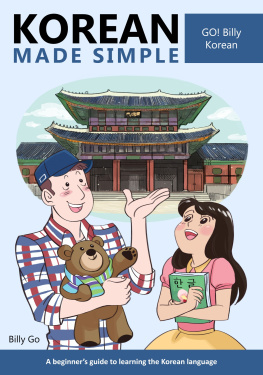
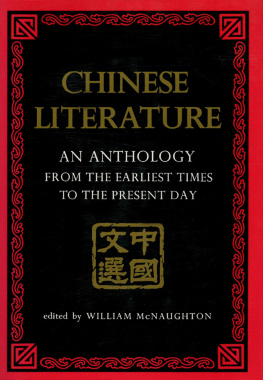
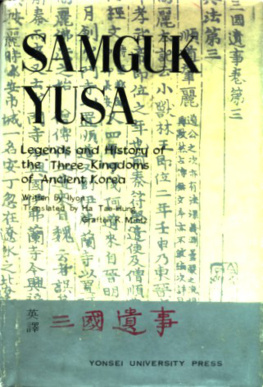
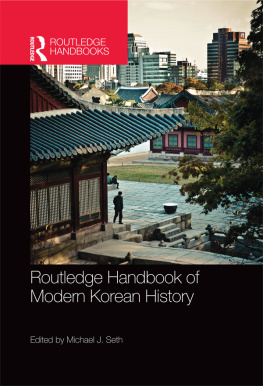
 NEW YORK
NEW YORK